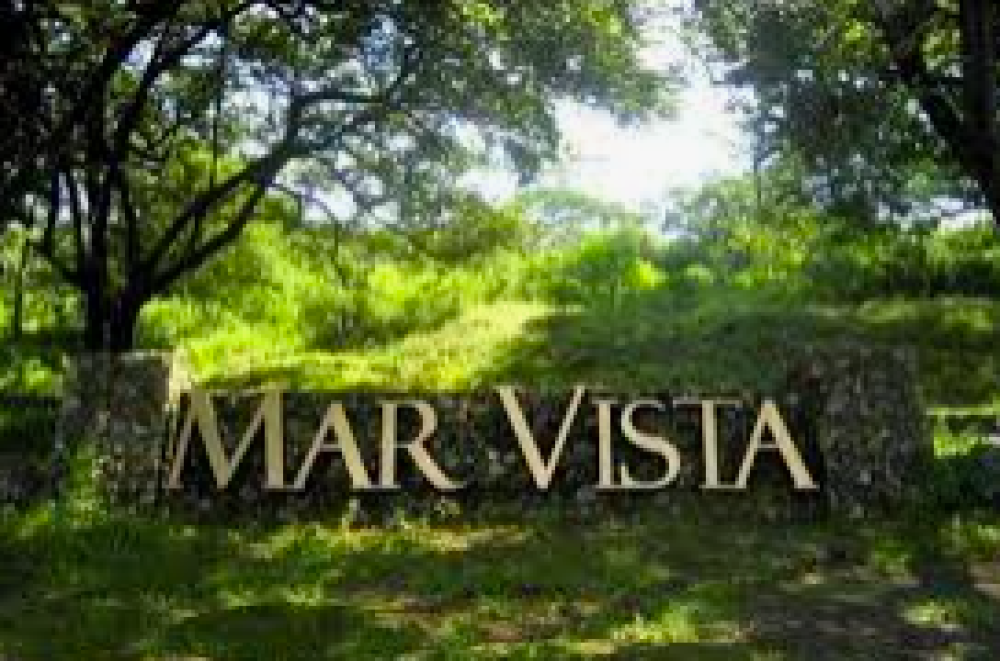Navigating the Transition to Senior Living: Benefits, Challenges, and Key Considerations
Navigating the Transition to Senior Living: Benefits, Challenges, and Key Considerations
As individuals grow older, the concept of 'home' often begins to evolve. A multi-story house that once buzzed with the activity of a growing family may start to feel overwhelming and empty. This is where senior living communities come into the picture as an attractive option. But moving to a senior living community is a significant decision, often filled with emotional and practical complexities. Here, we will delve into the advantages and disadvantages of such a move, important considerations, and how to ease this significant life transition.

Transitioning to a senior living community is a chance to experience happier and fuller life in a community. There are a few things to consider before making such a decision. Most importantly, living in a senior care facility allows access to healthcare and personal care, which is very helpful for those in great need of health monitoring. Medication management, daily living activities assistance are usually promptly addressed. As a rule, senior facilities also care a lot about the social life of their clients and make sure they live a full life in a caring environment. Many shared community spaces and organized events are a big part of senior living facilities. Another big advantage is maintenance-free living, since many communities provide home upkeep, landscaping and cleaning. Surely, safety and security are also taken care of, including emergency call systems. Nutrition management is also provided by the facility services which usually pays close attention to their client’s nutritional needs.
However, there are certain points to keep in mind to make sure every detail is weighed thoroughly. Costs are usually the biggest flaw and prices vary greatly across different areas of the city, depending on the services provided at the facility. For people, who cherish their privacy this might not be the most suitable option, since privacy and personal space is going to be limited to a degree. For some seniors, receiving care might be a little extra challenging and result in falling dependent on the services that community living provides. For others, it might be a greater challenge to adjust to living in a senior care for a variety of other reasons.
That is why it is extremely important to approach the question of choosing a senior living facility with extra care. There are many factors to consider and pay particular attention to when contacting and visiting different facilities: level of care needed for the future resident, location, community culture, availability of amenities and activities to keep up with the regular lifestyle the person is living currently, quality of meal services and produce. You may need to compare the services that the facility offers to the cost and reputation of a potential living community. Therefore, firstly, you might want to consider the health status and level of independence of the person very closely. Secondly, access existing social life situation and engagement of the person, because this might take the roughest turn when relocating. One other important factor to consider is the safety of the senior, particularly for those who have special health conditions, like dementia. It is very important to communicate with the person, their doctors and caregivers and weigh all details carefully.
When the decision is made and the senior is mentally prepared for the change, you will need to find the senior living facility that best fits his or her needs. Cost of care is a key factor and it is important to remember that Medicare typically does not cover long-term assisted living, but long-term care insurance, veteran’s benefits and other state programs may help offset costs. When looking for a senior living community, don’t hesitate to check their licensing and make sure to visit during various times of the day. Speak to residents and seek their families’ feedback. While reviews are also a great way to screen the residence, real people’s immediate response might give you a better inside feel and extra assurance. It is also important to check what training the staff receive. One of the most important checks to perform is to study the terms of the lease or contract, including costs and what happens if the senior’s needs of care change. While most facilities operate on a rental model, some also offer condos or co-ops for sale. Whichever option you find is more suitable for your situation, it is always worth having a legal professional review the agreement.
Depending on the location, type of housing and level of care needed, there is a wide range of options available. For example, there are four types of senior living facilities to know about. First one is Independent Living, which is great for seniors who can live independently but prefer the convenience of community living. Second one is Assisted Living, which is suitable for seniors who need help with daily activities. Third type is Memory Care that specializes in care for seniors with dementia or Alzheimer’s disease. Lastly, the fourth type is Continuing Care Retirement Communities, which is a hybrid model offering a range of care from independent living to skilled nursing care. Your best choice is to start by consulting with a real estate professional, ideally the one with expertise in senior transitions. They can advise on the market conditions as well as home prep that needs to be done, like potential upgrades to maximize value. Since many seniors use the proceeds from the sale of their home to help finance their move into a senior living community, this may be a necessary step to consider as well. An agent that is specialized in senior transitions understands the unique needs and considerations of older adults and is able to provide you with resources and guidance on downsizing, estate planning and logistics of the move. You might also find Certified Senior Housing Professional real estate agents (CSHP), who are trained in assisting seniors and their families with housing sales and purchases, deeply understanding late-life transition needs and goals.
While the transition to an assisted care community is a major change in one’s life, it might be very beneficial to a senior. That is why it is very important to keep an open communication and acknowledge their feelings during the transition process. Involving the senior in the decision-making process as much as possible is absolutely crucial for the success of their move. Consider enlisting the help of a counselor or a support group to smooth the process when necessary. It is hard to overestimate the importance of listening to the person’s concerns during the process and involve them in every decision. Providing reassurance is one of the most successful ways to relieve anxiety about the change. One other solution might be to arrange a trial stay.
When you find the right facility to move forward with, it is time to take account of all belongings. Planning in advance is the best strategy to downsize effectively. Sentimental items and those of first necessity should be your top priority to keep, and others might need to be let go of. Moving to a new place will require extra support and a period of adjustment, at the same time new people and activities will require engagement and keep the new resident busy. As a rule, the transition is a very enjoyable time that brings new friendships, socialization with great support that community setting offers.
Choosing a senior living community as their next stage of life is unquestionably a major life transition. But careful and thoughtful consideration and advance planning will help relieve stress and make the transition enjoyable and desirable. It can mark the beginning of a vibrant new chapter in a senior’s life. It's an opportunity to enjoy a lifestyle designed to offer both independence and support, tailored to the unique needs of seniors.



























